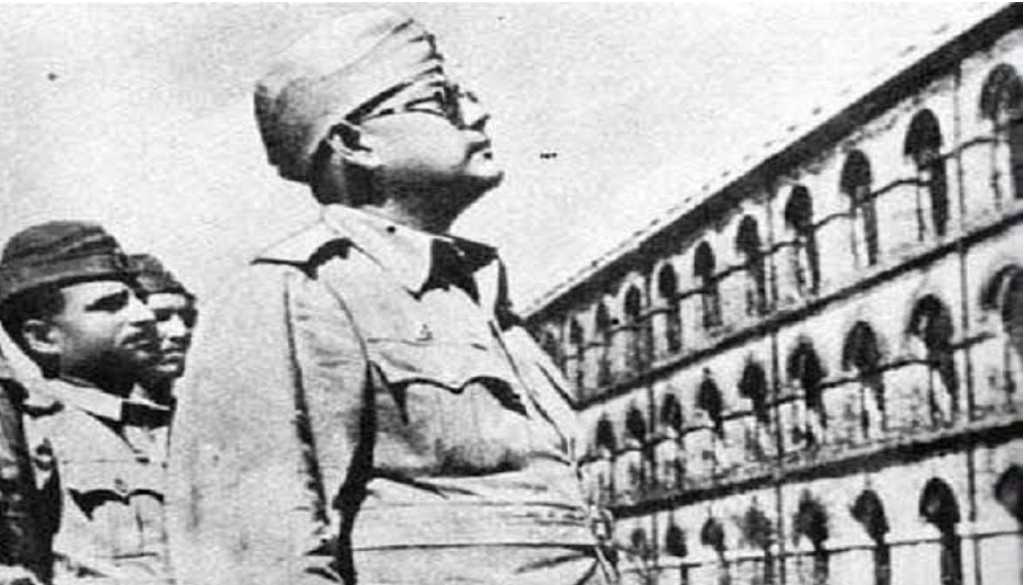Netaji’s Legacy Lives On: Inspiring India Towards Justice and Freedom

Amit Singh
Pune, 23rd January 2024: On this day, the 23rd of January, in the pages of history, the birth anniversary of a valiant freedom fighter and a key figure in India’s struggle for independence, Subhash Chandra Bose, is commemorated. His life story is not just a chapter in the annals of our past; it is a saga of courage, determination, and an unwavering commitment to the cause of a free India.
Subhash Chandra Bose, fondly known as Netaji, was born in Cuttack, Odisha, in 1897. From an early age, Bose displayed a fervent patriotism and an unyielding spirit. His journey in the fight against British colonial rule began during his college years, where he emerged as a vocal advocate for India’s independence.
Bose’s role in the Indian National Congress, and later, as the leader of the Forward Bloc, showcased his charismatic leadership. However, it was during World War II that his efforts took a remarkable turn. Recognizing the potential power vacuum created by the war, Bose sought international support for India’s freedom struggle.
One of the most iconic chapters in Netaji’s life was the formation of the Indian National Army (INA) in 1942, with the battle cry, “Give me blood, and I shall give you freedom!” The INA, comprising primarily of Indian prisoners of war and soldiers captured by the Japanese, played a crucial role in the Southeast Asian theatre during the war.
Bose’s famous call, “Jai Hind,” resonated across the INA, instilling a sense of unity and purpose among its soldiers. The INA’s march to India in 1944, along with the Japanese forces, was an audacious move aimed at freeing India from British rule.
Despite facing challenges and setbacks, Netaji’s indomitable spirit was a source of inspiration for millions. His vision for a free India was not merely confined to political freedom; it extended to social and economic emancipation. He envisioned a nation where every citizen would enjoy justice, equality, and prosperity.
Tragically, Netaji’s life was cut short in a plane crash in Taiwan on August 18, 1945, under circumstances that remain shrouded in mystery. However, his legacy lives on, undiminished by the passage of time.
Subhash Chandra Bose’s contributions to India’s independence movement are etched in the collective memory of the nation. His fearless pursuit of freedom, his determination to challenge the status quo, and his vision for a just and equitable India continue to inspire generations.
On this day, as we remember Netaji, let us reflect on the values he stood for and rekindle the spirit of patriotism and dedication to building a better India. The legacy of Subhash Chandra Bose serves as a beacon, urging us to strive for a nation that upholds the principles of justice, equality, and freedom. Jai Hind!








